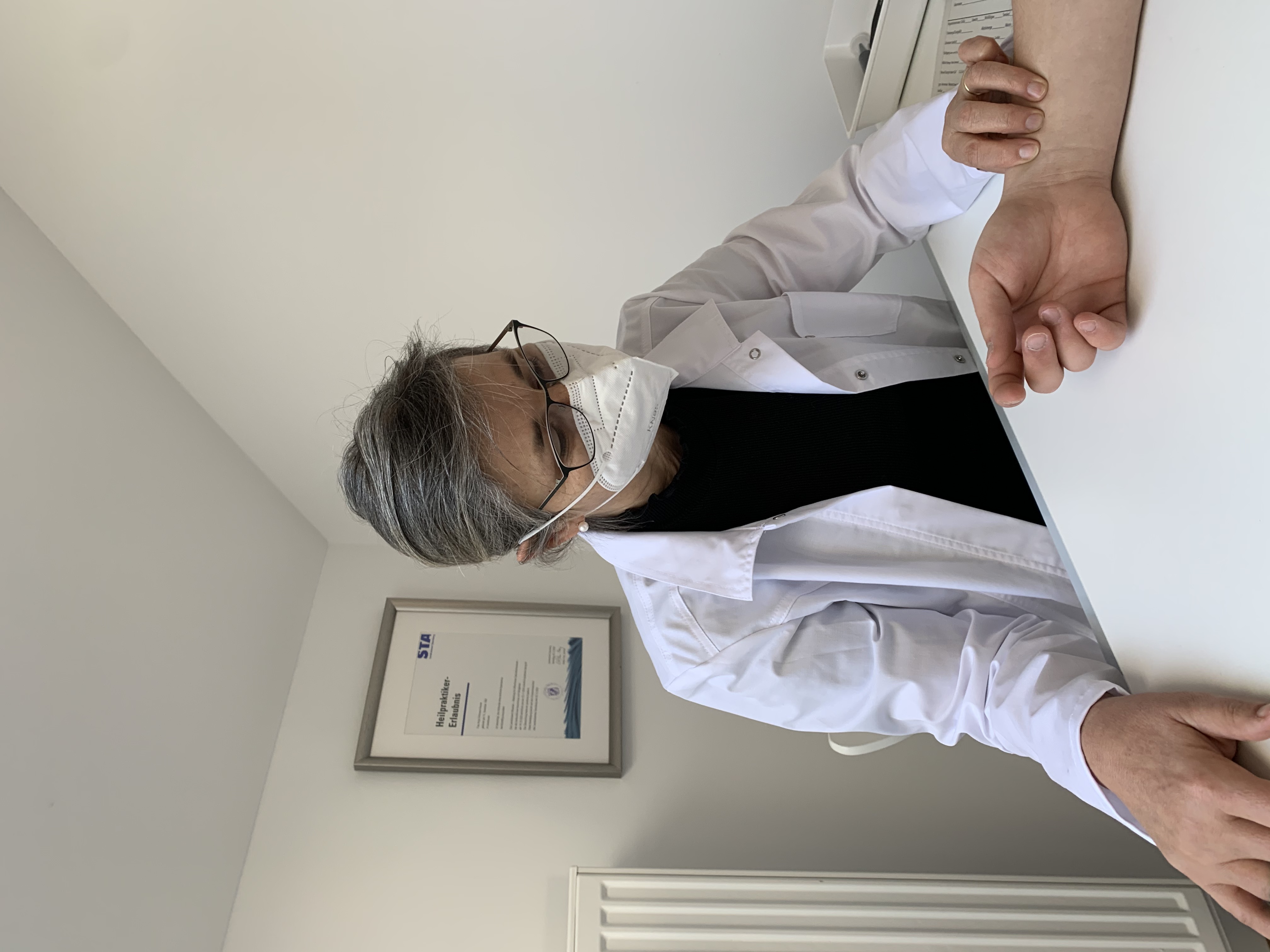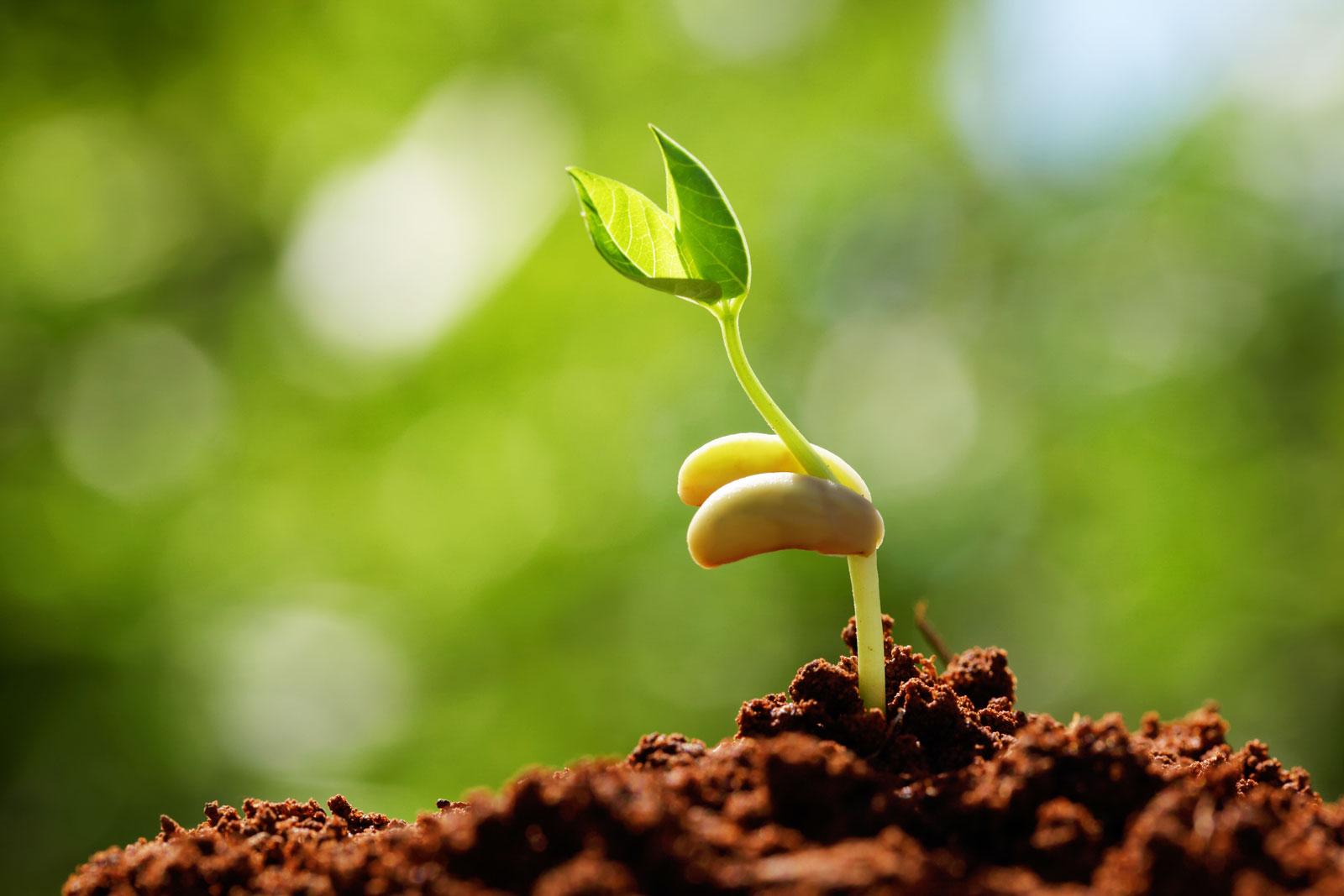What is Ayurveda?
Ayurveda is the "science of life." It helps people live healthy and active lives into old age. For thousands of years, this form of healthcare has been practiced in Southeast Asia, particularly in India. Written records go back about 2000 years, and oral traditions reach even further into the Vedic period, making Ayurveda the oldest medical system with a continuous tradition in the world.
Ayurvedic medicine is recognized as a science by the World Health Organization (WHO) (WHO Traditional Medicine Strategy 2002-2005, Document WOH / EDM / TRM / 2002.1). In India it is legally equal to conventional medicine and its importance is reflected in the creation of a separate Ministry (Ministry of AYUSH). Ayurveda is playing an increasingly important role in the West, and in Germany Ayurvedic medicine is one of the fast growing complementary medicine practices.
How does Ayurveda work?
Ayurveda is based on a profound philosophy about the definition of health (svastha), how it can be maintained, how disease develops and how it can be cured. The human being is seen as an individual "body-mind-consciousness system" in which functional principles or bioenergies - Vata, Pitta and Kapha - operate. This individual equilibrium of one's own constitution can be disturbed by daily recurring habits and ultimately come out of balance. According to Ayurveda, this is a key factor in disease.
The digestive power - the digestive fire AGNI - is one measure of the balance or imbalance of these bioenergies. This is based on a simple observation: a healthy organism can generally digest everything it eats and drinks, using it to create energy and the necessary building blocks for the body, and excrete the rest without problems.
"A person is said to be healthy if their physiology is in balance, their digestion and metabolism are working well, their tissues and excretory functions are functioning normally and their soul, mind and senses are in a state of lasting, inner happiness."
" Samadosha Samadhatu samaagni samamala Kryaha Prasanna atma Indriya manaha/
Svastha iti abhidhiya te." (Sushruta Samhita, Sutrasthana XV.41. 3rd-4th c. a.d.)
An accurate diagnosis considers all elements and causes that are beneficial to maintaining and regaining health. Based on this, an individualized and multimodal therapy guide is created that addresses both body and mind.
In my practice, I focus on empowering patients to take responsibility for their health and recovery in their daily lives through nutritional counseling and supplements, lifestyle counseling, herbal medicine, and yoga (breathing) exercises.
I also work with Ayurvedic manual therapists. They perform treatments with pure or medicated oils according to my therapy recommendations. Ayurvedic massages (e.g. Abhyanga) with warm oils not only have a calming and relaxing effect. Just as important is the release of blocked structures, the "bringing into flow" and the gentle cleansing that is promoted by the application of the oils. The oil used has a great influence on the effect on the digestive system and the tissues and is determined after a careful anamnesis. We only use high quality pure or medicated (i.e. cooked with herbs) and certified oils.
When Ayurveda can help?
Ayurveda offers good and promising approaches, especially for chronic diseases, which is why this therapy is being used more and more.
My specialties are
- Internal Medicine
Digestive problems (IBS), diabetes, obesity, hypertension, lipid metabolism disorders
- Gynecology
Hormonal imbalances, PCOS, menopause
- Mind and nerves
Sleep disorders, psychosomatic illnesses
- Musculoskeletal System
Osteoarthritis, osteoporosis, back pain and joint problems
Foto: Ayurveda sprout ©Sofiaworld/Shutterstock.com; all other fotos are @Anja Orttmann-Heuser



